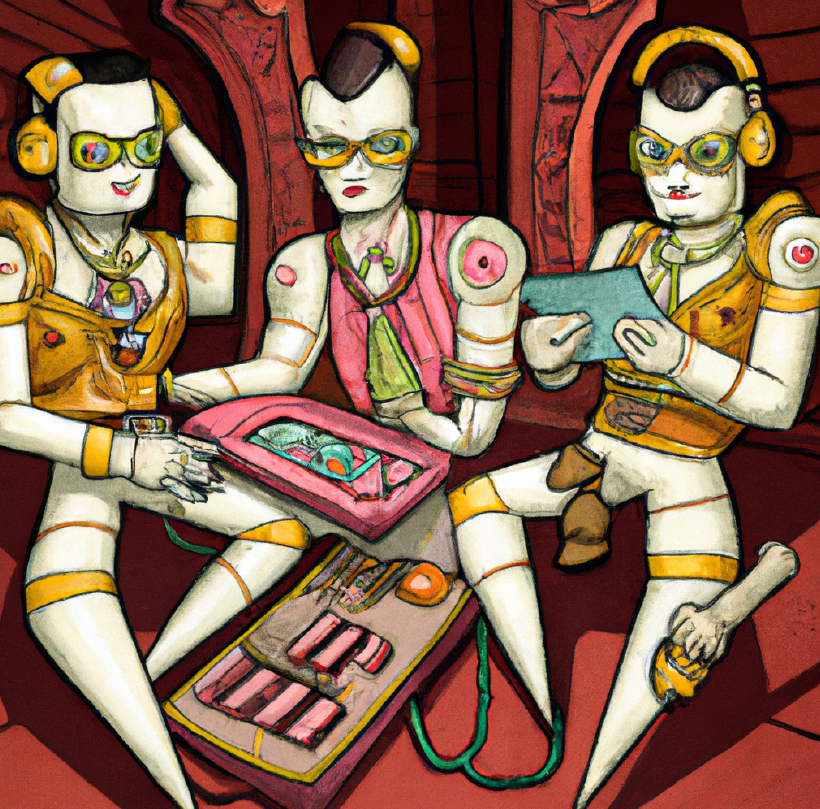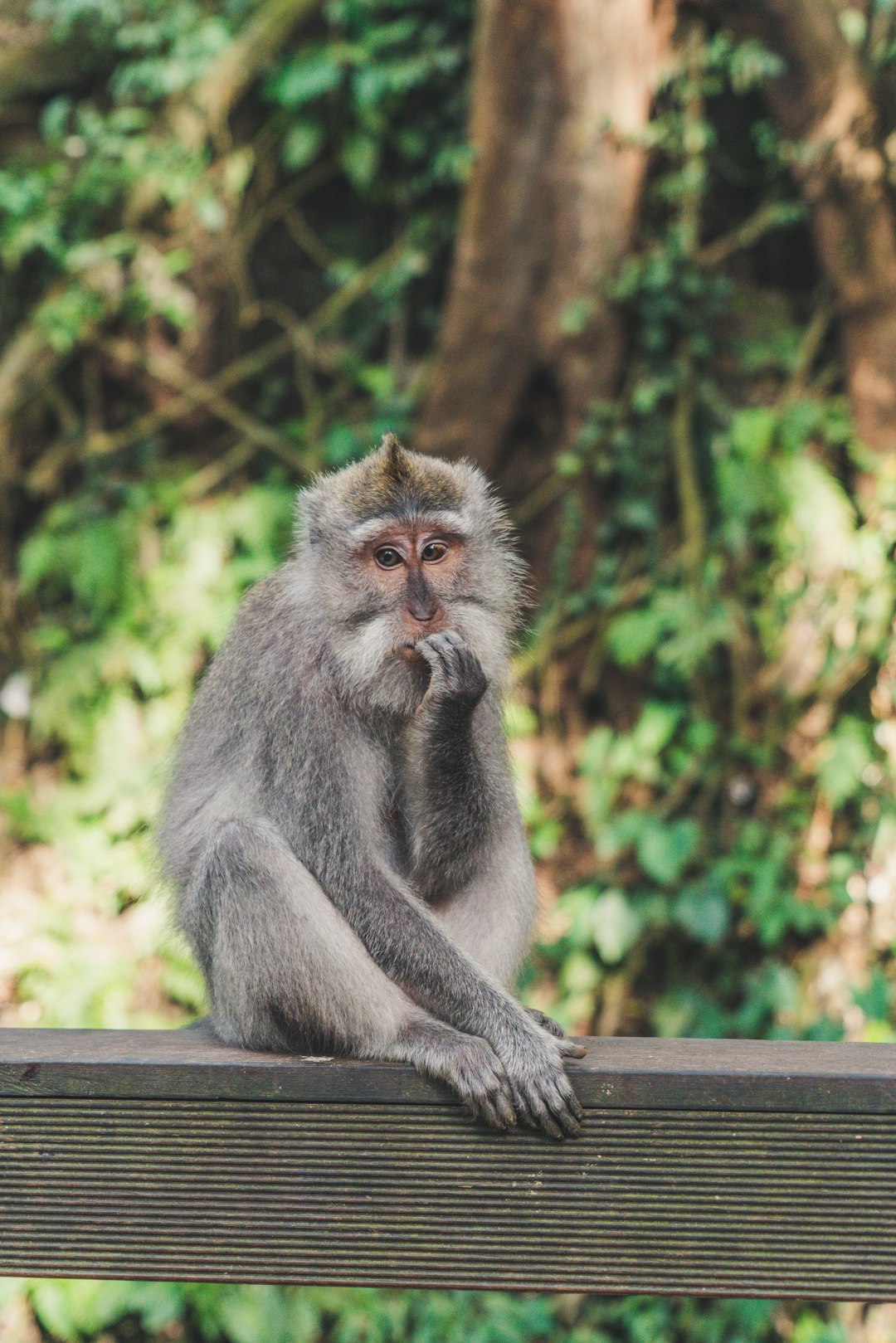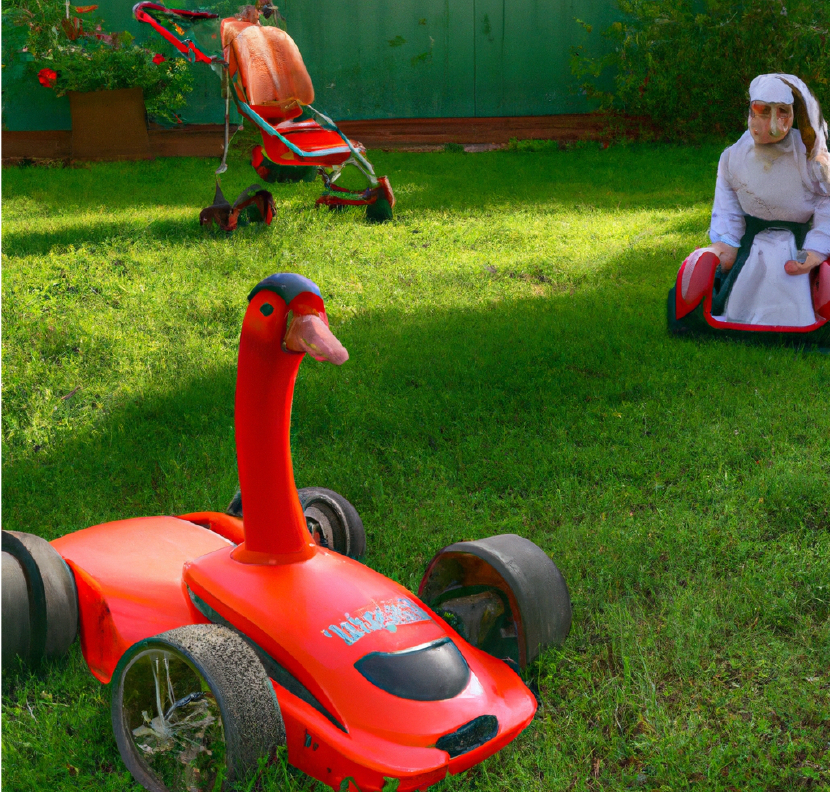
Why we praise primacy… —the creative doubt Review reaction & remix of books on doubt and "believe"
First posted on substack in May 2023.

I was ruminating about writing a post on throwing belief/s into the… —gap, and while readingWhy We Believe by Agustín Fuentes… —on the facebook group Pyrrhonism, a post came up on the book In Praise of Doubt by Peter Berger and Anton C. Zijderveld.
For a moment I confused it with a title that I had recently catalogued,The Primacy of Doubtby Tim Palmer and on going back to that book, I realised I had got too distracted by the politics of doubt. By doubt as a tool of testing loyalty. (For that earlier post onThe Primacy of Doubtby Tim Palmer seeSocial mediation… —Primary doubt ① & ②.)
One thing I had failed to address in that post and so forgot in approaching Why we believe by Agustín Fuentes was that Tim Palmer in The Primacy of Doubt posits that doubt itself is a creative process, and outlines some frameworks from physics and chaos theory as to why. Basically we, as conscious entities, are not entirely algorithmic and the idea of noise in a system (especially very low-powered massive parallel systems like our brains) as a way to boost signals.
Noise?
“Noise” like “doubt”.
So because of that previous reading on The Primacy of Doubt I found Agustín Fuentes’ Why we believe: Evolution and the Human Way of Beingis very, very, very annoying.
Tim Palmer’s book is much better. Much much better, much much more useful.
At this point in the rumination into this writing process, I neologised doubtology and then did an internet searched to see who had used it before me. This led me to this short-lived term blog doubtology.

The blog is a good example of a ladder being thrown a way, and while it appears to deliver a plan, it really maps a movement across a landscape. Dan @doubtology’s movement is from a framework or practice of belief, (which Agustin Fuentes claims he eschews in Why we believe) and towards a potentially Pyrrhonistic position.
As such ‘doubt’ is practised in reference to the 800-year-old usage or practice in English of ‘belief/believe” within the organisational framework of “religions” trying to organise and control societies, kingdoms, empires. Or vice-versa. This is where I got distracted in that previous post.
However, it is wise to remember that this political framework is one in which the usages of belief in English have harden more and more over the last 800 years into a usage which includes the dogma, that ‘belief’ = proposition that. In other words, it has so hardened our thought patterns belief can be thought to be an involuntary act, when originally it was an act of loyalty. Truly bizarre bit of word history, but then down originally meant up.
This 800-years-old usage of ‘believe’ is reified by our late analytical philosophy and analytic-adjacent practice such that entirely sensible people (Professors of Anthropology like the author ofWhy we believe) think believe actually describes a objective process in us. And while it is all in our heads, recursively speaking, if not in fact, like a prayer at Mass, I’d argue that all belief is an act of faith, an act of loyalty in belief. That the framework for belief is always Fideistic.
The first thing belief ‘believes’ in is belief (even if later this practise is colonised/capitalised/theologised by the empire’s churchman under their authority (magisterium) to give reasons and by which fideism is classed as a heresy). And that this choice previous to the Imperial Cult as church, was a devotional and soteriological practice by individuals and their families. It was a belief in Christ the person, the son of god. That’s why Christianity was originally disruptive to the Roman authorities. Choosing to follow Christ directly, and via the emperor is a heresy because it is disloyal to your military commander.
I am getting distracted again. Go read To build a better world, we should destroy the Catholic Church for more of that element.
You can possibly see now why I am so annoyed by this book though.
Agustín! You’re not helping.

Agustín Fuentes has written an annoying book because he completely bans that 800-year-old usage in his preface, and says he is not talking about that and that he is using believe in a creative sense, i.e. to describe the power of human imagination.
Fuentes sees the ‘capacity to belief’ as key. [Why not just world it?] Why hoist this 'capacity' onto some old feudal piece of machinery? Why not go older than that? So annoying. Whatever the capacity is why foist this incoherent word onto it? Fuentes you are not being creative by doing this.
The capacity is key but he uses terms that have colonised that very capacity in order to control it (via feudal and feudalism-building structures of loyalty and authority and obedience) and then Fuentes tries to eschew the very structures that give rise to the words he then chooses to valorise,
“Let me be absolutely clear: the human capacity for belief is not only about religion, spirituality, ritual or some notion of supernatural.”
I’d quote Humpty-Dumpty here, but then I am a fan of Humpty-Dumpty myself with regard to the word worlding.
So annoying.
Catholic and Orthodox dogma predates the English word ‘belief’ as we know it. It predates the English language, English as a language forms within a world in which Catholicism is expanding. As such belief as a usage developed in meaning often in obedience to Catholicism. Doubtology and Fuentes just take up this usage and pretend that it is “common usage” bereft of its history, or taphonomy. Fail.
Doubtology does a much better job looking at the uncommon usage.
Now, where belief is paramount, doubt is defined as it’s inverse, either as a method or practice, as in a test of belief, or as a symbol of evil and lack of loyalty to the church. Belief is a feudal apparatus, surviving into modern times. Doubt is bad because, like devotee-istic fideism it allows choices which lead one away from obedience to the church…
Fuentes jumps in up to his neck into this feudal ontological swamp and with his last bubbling breath says: we are human because we believe… —…“Believing is completely real but often without material substance.”
My frustration also lies in that my position can be seen to be close to this, but compare, “Meetings are completely real but often without material substance.” No belief required, much safer ground.
This is a much better start. Remember the Irish advice given on being asked for directions, “well I wouldn’t start from here.”
Dan’s doubtology sees a certain relief in doubt. But still spends time processing the details of the framework he is trying to escape. It probably comes out of that North American experience which has re-devotionalised Christianity as a personal practice with Jesus held in mind. However identitarian it has become “I believe” here is not a necessarily a test nor form of loyalty.
This is why putting doubt first is often seen as an inverted church; as a satanic nihilism, where one rejects Christ (the light, the true) and accepts Satan (the dark, the lie) as being the light, the true. Nothing has changed except the labels. Apparently this is what conversion is, a swapping of sides with the same process wrapped up in different coloured uniforms and prayers. (Gloss: the Zoroastrian turn is always available for empire-builders.)
A lot of discussion of belief/doubt does this and goes no further. This is powered by the moral urge to should, the feeling that without belief/karma there would be no morality. The sky is falling.
If one wants to escape the cycle of re-birth here then that whole apparatus needs to be put aside as unbalanced. Regardless of the detail of the sports team’s colours & mottos & club songs. Where a practice becomes an identity the question of loyalty infects the world we build.
So I ground my teeth while reading Fuentes’ Why we believe.
On the one hand it is like so many science essay books dealing with big history, evolution and the question of humanity by a professor of anthropology, but does not deal with that historical framework of the usage of the word believe in any way whatsoever. But he puts it in the title. I mean, really?
Dan @doubtology does a much better job.
Here is the nub of Fuentes’ argument for using the word ‘believe’ so generously, so not “wrong” in a ‘general’ sense, in a lazy-bad sense, but completely ignores the last 800-years of usage developed under feudal notions of loyalty.
From ‘A little clarification of terminology and content’ from pages xii to xiii of the preface:
Throughout this book, I separate the having of faith—the specific content of belief—from the capacity to have faith, which arises from our core ability to believe. This is a critical distinction, especially when it comes to the belief systems that most would call “religion”.
This is no distinction at all, it is a critical fail. But given the hook of the book’s title and the requirements of publishers for such books (X a factor that change everything but nothing the buying market already believes) it is no surprise.
Earlier in the preface Fuentes quotes Terry Eagleton quoting Kierkegaard on believing as wholly and completely in love with a concept (dogma/attachment) as a good thing (Pyrrhonists abd Buddhists see this as a bad thing), and adds that is is also an avenue to imagining/imagination and I guess the faculty of planning and being creative generally. Fuentes uses “believe” as a vehicle into human imagination, but given the English word arose within the development of feudal notions of loyalty to authority and military power (the fascist ideal) and that this took a great deal of imagination to overthrow, this recidivism is not undone by Fuentes’ “critical distinction” at all. (Kierkegaard is right smack in the middle of all that throwing of belief into the gap by the way.)
This is why The Primacy of Doubt is a much better book as it sees doubt as either a creative act of imagination, or as the process by which we have an imagination in the first place. Why we believe fails us.
__________________
References:
Berger, Peter L., and Anton C. Zijderveld,In Praise of Doubt: How to Have Convictions without Becoming a Fanatic, Harpercollins. ed (New York: HarperOne, 2010) ISBN 9780061778179
Fuentes, Agustín,Why We Believe: Evolution and the Human Way of Being, Foundational Questions in Science (New Haven: Yale University Press, 2019) ISBN9780300243994
Palmer, Tim,The Primacy of Doubt: From Climate Change to Quantum Physics, How the Science of Uncertainty Can Help Predict and Understand Our Chaotic World, 1st edn (New York: Oxford University Press, 2022) ISBN9780192843593
Dan @doubtology, ‘Are Beliefs Voluntary?’,Doubtology, 2019 <https://doubtology.wordpress.com/2019/11/16/are-beliefs-voluntary/> [accessed 2 May 2023]

